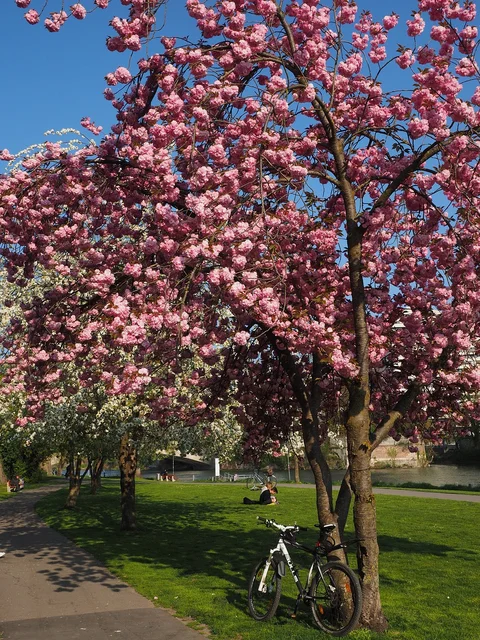Rosacea: What does it mean?
Rosacea, a skin condition with recurring symptoms that can affect more than 16 million Americans is known as a chronic skin condition. Rosacea is characterised by visible blood vessels and redness in the skin, usually appearing on the forehead, cheeks, Nose and chin. You may also experience burning or stinging sensations as well as small red bumps. It is not known what causes rosacea, but it is thought that genetics as well as environmental factors are responsible.
Rosacea is more prevalent in people who have fair skin, and between 30-50 years old. Rosacea is more common in women than it is for men. Men are more likely to suffer from severe symptoms than the women. Rosacea cannot be passed from one person to another.

Rosacea Common Causes
Although there isn't one cause for rosacea that can be ruled out, some common causes include:
- Sunlight or wind exposure
- Stress
- Hot foods
- Alcohol consumption
- Hot drinks
- Certain skincare products
- Exercise
To reduce flare-ups, it is crucial to recognize and avoid any triggers that may be triggering your symptoms. Some research has shown that some bacteria could contribute to the development rosacea.
Rosacea Common Treatments
Topical medication are the best treatment for Rosacea. These include creams, gels and lotions as well as ointments. They reduce inflammation and protect skin. To reduce inflammation, oral Antibiotics can also be recommended. The laser procedure is often used to reduce redness, flushing and visible blood vessels.
Photodynamic therapy uses light energy to decrease inflammation and IPL therapy (intensified pulsed light) therapy is another option. This reduces the appearance of redness. You can also reduce irritation and inflammation with over-the-counter remedies that contain ingredients like green tea extract or licorice root.
Talking to a doctor or dermatologist about your best options is crucial. Individual needs are different depending on the severity of their symptoms and individual preferences.
Rosacea Expert Opinions
Experts suggest avoiding triggers and using gentle skin products. They also recommend that you avoid excessive sunlight exposure. Experts also recommend avoiding caffeine, drinking cold beverages and eating foods rich in anti-inflammatory nutrients like avocado, berries and salmon.
A study in International Journal of Dermatology found that IPL therapy can be used to reduce the reddening of the skin and the flushing caused by rosacea. The study also found IPL therapy to be well-tolerated and with minimal side effects.
A second study , published in British Journal of Dermatology, found that combination of topical and oral antibiotics was effective for treating rosacea. This combination treatment was better than any one of the treatments.
Natural Remedies for Rosacea and Rosemary Tips
You can reduce the effects of rosacea with natural tips and remedies. These include:
- Keep hydrated by drinking plenty of water
- Reduce your intake of caffeine and alcohol
- Use mild and fragrance-free skin care products
- Use a humidifier in order to maintain the humidity.
- Cool compresses can be used to reduce inflammation and redness
- To soothe your skin, use natural oils like coconut oil and jojoba oil
- Consuming anti-inflammatory food such as avocado, salmon and berries
Natural remedies and other tips might not work for all people. Before you try any new treatments, consult a doctor if there are any questions.
Rosacea, a skin condition that can be chronic and affects many people, is very common. Although the cause of Rosacea is not known, several triggers have been identified and there are many treatments. Topical medication, oral antibiotics and laser treatments are all common treatments. You may also find natural remedies that can help you reduce your symptoms. Talk to your healthcare provider to determine the best options.
You can manage rosacea with the right care and treatment. It is possible to minimize symptoms and enhance your skin's health by identifying triggers and using natural treatments.